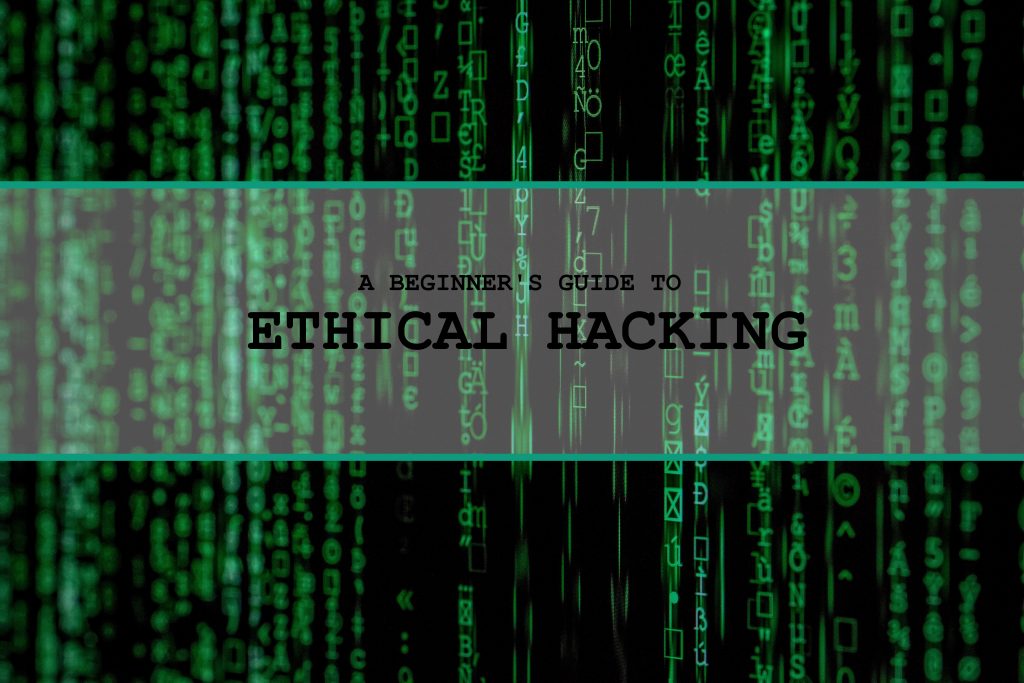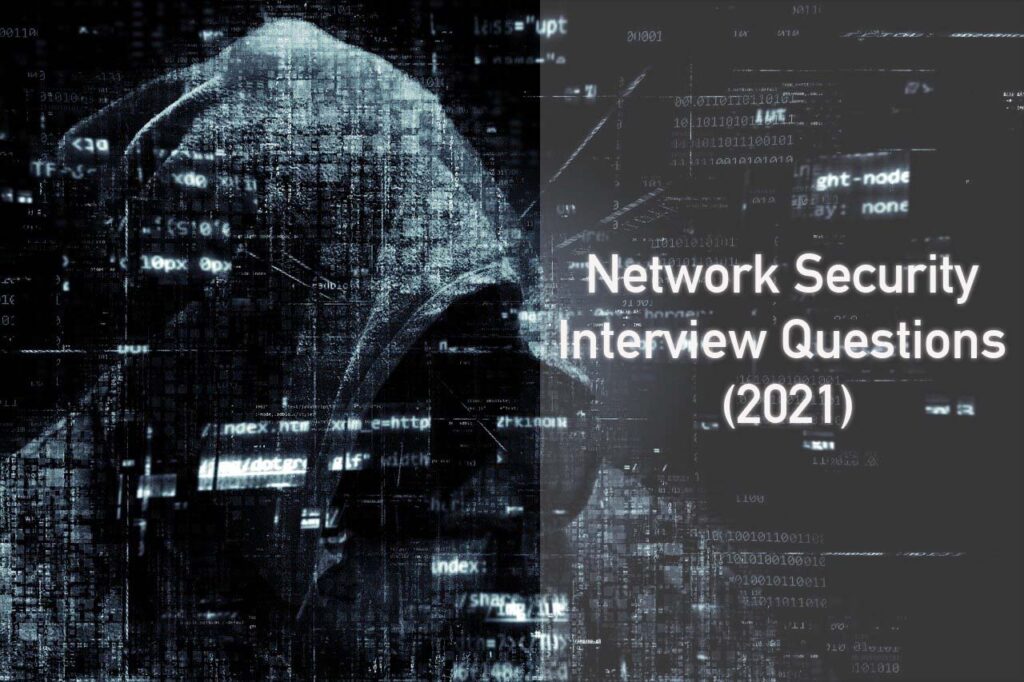A Beginner’s Guide to Ethical Hacking

With the rise in cybercrimes, security in the cloud has become an intriguing subject for cybersecurity experts and IT professionals. Eventually, Ethical Hacking has found its way into the cloud computing domain. Experts are figuring out how to use ethical hacking principles to curb security issues in the cloud and aid in forensic investigations.
Certainly, the cloud offers numerous benefits like high productivity, low costs, increased scalability, and better availability. But when a third party, i.e. a cloud provider or vendor handles an organization’s data, there is always a threat to its security and privacy. For instance, the data transfer from the cloud provider to the cloud user creates new vulnerable paths for a malicious hacker thereby creating fresh cloud cyber threats and security issues.
This article gives insights into Ethical Hacking and how it can be beneficial to pursue as a career.
1. What is Ethical Hacking?
2. How to become an ethical hacker?
3. Top five Ethical Hacking tools and software that you should know:
- Network Mapper (NMap) Hacking Tool
- Nessus Hacking Tool
- Nikto Hacking Tool
- Kismet Hacking Tool
- NetStumbler Hacking Tool
1. What is Ethical Hacking?
To understand the meaning of ethical hacking, let’s first understand what is hacking.
Hacking is a process of discovering and exploiting any weaknesses or vulnerabilities in a network, system or any internet-enabled device. It is unauthorized access to the resources, systems and data, within any computer network, for illicit purposes. For example, a hacker can initiate illegal electronic funds transfer by gaining unauthorized access to a bank’s network.
Ethical Hacking, on the contrary, is a deliberate intrusion into a network or system to discover potential vulnerabilities or threats. It is performed to reveal any possible weaknesses in the system before a malicious hacker finds it and causes huge loss of data, business and capital.
This is also sometimes confused with penetration testing which is performed on a specific or defined area for security. However, ethical hacking is a broader term with penetration testing being one of its functions.
The sole purpose of ethical hacking is to find security issues during testing and improve the network or system security by fixing those issues. A real incident of ethical hacking took place in January 2020. An ethical hacker discovered a vulnerability in the computer systems of SpiceJet, India's leading privately owned airline company. The ethical hacker hacked the system through brute-force attack and cracked the system password. He then gained access to a database backup file containing personal data of around 1.2 million passengers including their name, phone number, email address, and date of birth etc. Some of these passengers were state officials as well.
The ethical hacker then reached out to SpiceJet via email but did not get a response. So he alerted CERT-In, an Indian government agency that handles cybersecurity threats in the nation.
The agency acknowledged the security issues and alerted SpiceJet, which in turn took appropriate measures.
Now that we have learnt about ethical and unethical hacking, let us also understand who is a hacker and an ethical hacker.
A hacker is a technology-enabled and skilled professional who knows exactly how to discover vulnerabilities in targeted networks and systems. Mostly, a hacker works for illegal purposes.
Ethical hackers, on the other hand, work with permissions and full knowledge of the owners of systems. They also ensure to protect the privacy of the network and organization they are hacking into. They must comply with the cyber laws of the land and should report to the target organization on all vulnerabilities found during the hacking process.
There are three hacking types based on the hacker who performs it:
1. White hat hacking or ethical hacking
It is performed by an ethical hacker and is completely legal. In fact, companies hire ethical hackers to help improve network security. Ethical hackers generally use the same methods as hackers, but they always do it abiding by the law and with consent from the company’s owner.
2. Black hat hacking or hacking
It is performed by a hacker illicitly and hence it is sometimes called unethical hacking. Hackers are usually motivated by personal and financial gains. They use several illegal methods like phishing emails; installing malware, denial of service (DoS) attack etc., to hack into a network or system.
3. Grey hat hacking
This hacking type lies between white hat and black hat. For this hacking, hackers gain unauthorized access to networks only to discover weaknesses and reveal them to the owner. Consider a scenario where a hacker hacks into a company’s website in malicious ways but his intentions may not be wrong. It then finds weaknesses in the system and informs the company owner about his discovery. Later, the hacker can offer to fix those vulnerabilities for a fee.
2. How to become an ethical hacker?
To gain expertise in any field, you must rigorously go through relevant materials. In this case, too you can enhance your network security skills by following appropriate blogs, learning through ethical hacking courses and tutorials and then eventually taking a certification exam.
Below is a list of the best blog and tutorials:
You can find a list of free ethical hacking courses here.
While free courses will give you enough insight into the ethical hacking world, you need to have an ethical hacking certification that will add more credibility to your career.
Top three in-demand ethical hacking certifications by hiring companies in Singapore:
- Certified Ethical Hacker by EC-Council
- Global Information Assurance Certification (GIAC)
- Offensive Security Certified Professional (OSCP)
By now you must be curious to know whether you can be an ethical hacker or not. Hence, here are a few pointers to get you started:
- Education and background: While there are no standard education requirements to become an ethical or white-hat hacker, a Bachelor’s degree or diploma in Information Technology, Information Security or Computer Science could potentially make things easier. Additionally, any experience in network security or related jobs would be an added advantage.
- Soft skills: In any job today, soft skills are as important as technical skills. Ethical hacking requires one to work in a high-pressure environment with sound intelligence. He/she must have a smart working technique to manipulate strategies quickly.
- Opt for an ethical hacking certification: One can get an ethical hacking certification only when they have a couple of years of experience in the network security domain. If you have that experience and are serious about building a career as an ethical hacker, certification should be the next step.
- Explore Resources: Discover areas that will help improve your knowledge about hacking and network security. You can do this by exploring resources like blogs, articles, and also taking up an ethical hacking certification.
3. Top five Ethical Hacking tools and software that you should know:
1. Network Mapper (NMap) Hacking Tool
NMap is one of the best ethical hacking tools that you use in port scanning. As the name suggests, it creates a network map by discovering hosts, services and open ports on a network. Initially, it was built as a command-line tool. Though now it is available for both Linux/UNIX and Windows operating systems.
2. Nessus Hacking Tool
Designed by Tenable Security network, Nessus is a widely used open-source vulnerability scanner. It is highly extensible and provides a scripting language that you can use to write system-specific tests.
Nessus also provides a plugin interface with many free plugins with wide capabilities available for usage. It performs scanning against each host in the network by utilising these plugins to detect a vulnerability or a common virus. You can consider plugins as separate pieces of code that the Nessus scanner uses to execute individual scan types on targets.
Plugins can be used on a target host for various purposes like:
- Identifying the operating systems and services and their specific ports on the target host
- Identifying the software components that might be vulnerable to attacks
- Identifying if the target hosts meet compliance requirements or not
However, Nessus is recommended for non-enterprise usage only. You can download the software on the Nessus website.
3. Nikto Hacking Tool
Nikto is another open-source and command-line based penetration testing tool that scans servers for malicious and dangerous files, and outdated and corrupted applications and data.
4. Kismet Hacking Tool
Kismet is the best tool for ethical hacking of wireless LAN or wardriving, which is the practice of searching vulnerable and low-security wireless networks that can easily be compromised. It runs on Linux based OS.
5. NetStumbler Hacking Tool
NetStumbler, and its latest version MiniStumbler, are used to prevent wardriving too. Based on the Windows operating system, it detects unauthorized access points and reasons for interference in the network.
There is plenty of other ethical hacking software and tools available in the market with each being suitable under different conditions. You can learn more about other such ethical hacking software here.
Today, almost every organization has either adopted or is considering adopting Cloud computing. However, this rapid movement of businesses to cloud computing services comes with its list of pros and cons. While cloud computing offers several advantages, it has also resulted in an increased frequency of cyber threats and security issues.
The increased cybercrime has thereby generated demand for ethical hackers. It is the right time to exploit this opportunity and we hope this guideline on the fundamental of ethical hacking will help you to kick start journey in building a career in ethical hacking.
Backend Technology Interview Questions
C Programming Language Interview Questions | PHP Interview Questions | .NET Core Interview Questions | NumPy Interview Questions | API Interview Questions | FastAPI Python Web Framework | Java Exception Handling Interview Questions | OOPs Interview Questions and Answers | Java Collections Interview Questions | System Design Interview Questions | Data Structure Concepts | Node.js Interview Questions | Django Interview Questions | React Interview Questions | Microservices Interview Questions | Key Backend Development Skills | Data Science Interview Questions | Python Interview Questions | Java Spring Framework Interview Questions | Spring Boot Interview Questions.
Frontend Technology Interview Questions
HTML Interview Questions | Angular Interview Questions | JavaScript Interview Questions | CSS Interview Questions
Database Interview Questions
SQL Interview Questions | PostgreSQL Interview Questions | MongoDB Interview Questions | MySQL Interview Questions | DBMS Interview Questions
Cloud Interview Questions
AWS Lambda Interview Questions | Azure Interview Questions | Cloud Computing Interview Questions | AWS Interview Questions
Quality Assurance Interview Questions
Moving from Manual Testing to Automated Testing | Selenium Interview Questions | Automation Testing Interview Questions
DevOps and Cyber Security Interview Questions
DevOps Interview Questions | How to Prevent Cyber Security Attacks | Network Security Interview Questions
Design Product Interview Questions
Product Manager Interview Questions | UX Designer Interview Questions
Interview Preparation Tips
Strength and Weakness Interview Questions | I Accepted a Job Offer But Got Another Interview | Preparation Tips For the Virtual Technical Interview | 7 Tips to Improve Your GitHub Profile to Land a Job | Software Engineer Career Opportunities in Singapore | What can you expect during a whiteboard interview | How To Write A Resignation Letter | Recommendation Letter Templates and Tips.
Quick Links
Practice Skills | Best Tech Recruitment Agency in Singapore, India | Graduate Hiring | HackerTrail Litmus | Scout - Sourcing Top Tech Talent in ONE Minute | About HackerTrail | Careers | Job Openings.



